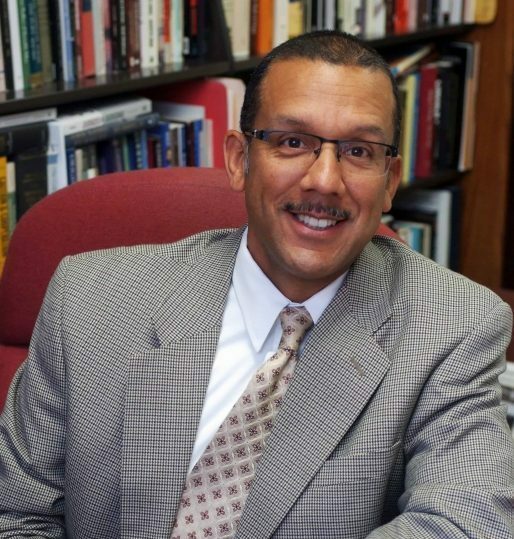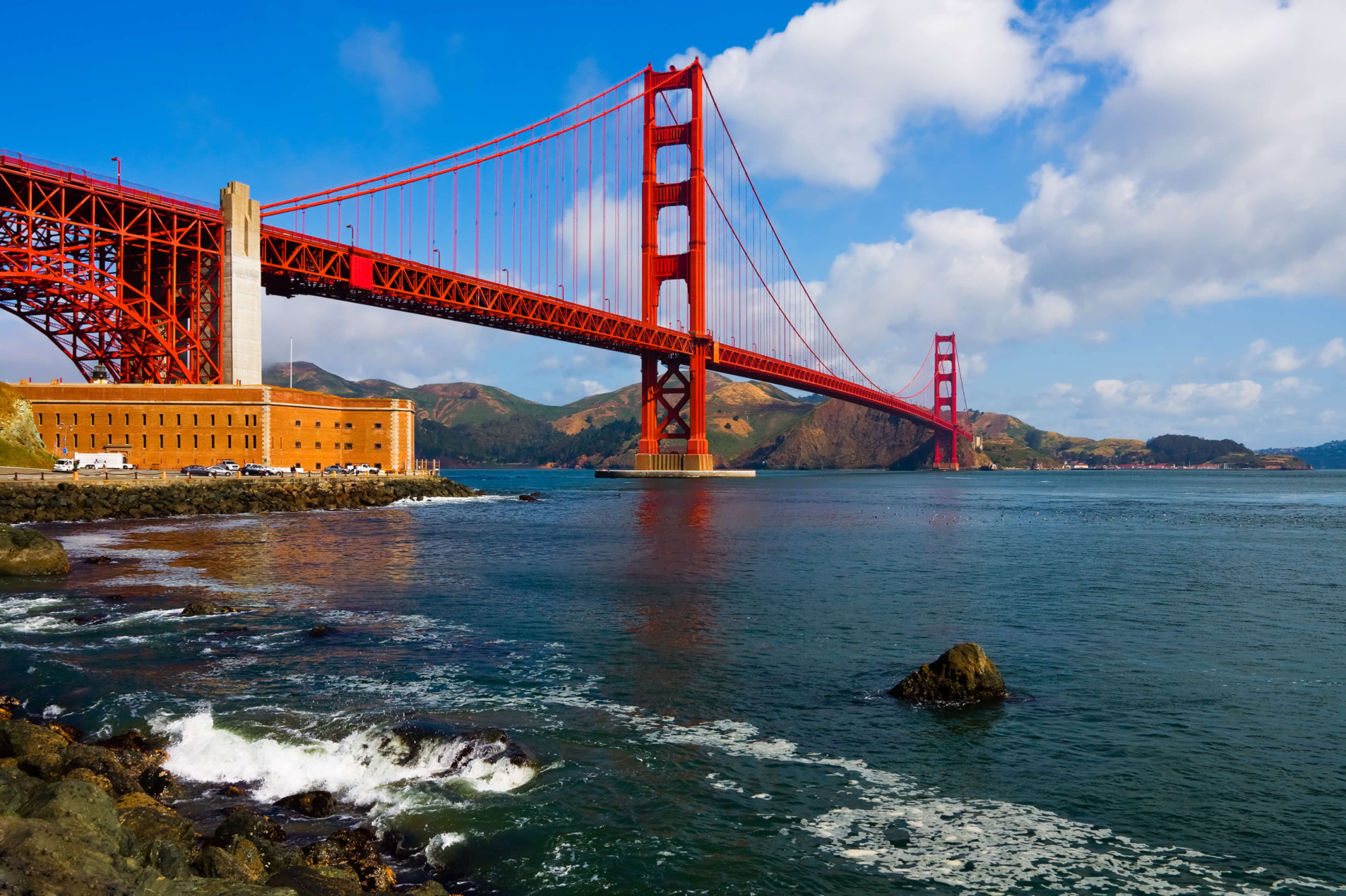

Q: Who’s your favorite Founding Father or other American hero? In what ways might you be like them?
Lucas: My favorite Founding Father is George Washington – a man who truly lived up to his reputation. I appreciate what he did for our country, given he could have chosen to stay loyal to Great Britain. Without his sacrifice, we would not have our freedom.
Of course, Lincoln also holds a special place in my heart. He is the subject of my research, teachings, and publications.
Q: What is the strongest national pride you’ve ever felt?
Lucas: Any time I sing the National Anthem, and any time I see athletes singing the National Anthem after winning a big game, I feel such deep pride. History is what I do for a living and my teaching is all about the meaning of our country and its principles and practices. Singing the National Anthem, and seeing others do the same, reminds me of our continued journey to reconnect with our nation’s founding principles.
I also have great memories of walking the battlefields of Gettysburg and reflecting upon the sacrifices of men who fought “so the nation might live.” The idea of sacrifice, or putting country over oneself, means a lot to me.
Q: What is your favorite American saying or quote? Why does it inspire you?
Lucas: Pretty much anything by Lincoln! I’m not sure anyone can improve upon the Gettysburg Address. Lincoln did not have much education; he was basically self-taught. Yet, he was able to capture the essence of America so profoundly in his most famous speeches.
Also, there is a quote that was first uttered by President Dwight Eisenhower that says, “There is nothing wrong with America that cannot be cured by what is right with America.” I think this quote should be a touchstone for any American trying to figure out what is good with our country and what is wrong.
Q: What is a unique viewpoint from your home state that you’re excited to bring to this nationwide project?
Lucas: As someone who was born in New York, raised in SoCal and now currently resides in Virginia, I have many home states. My unique viewpoint is that I am a scholar of Lincoln who teaches in Lexington, Virginia. So, it is incumbent upon me to make it a fair fight, if you will, when I teach about Lincoln and the world in which he lived as an engaged citizen and politician during our greatest crisis.
In the end, I hope that I bring to the Commission a capacious understanding of the complexity of our nation’s birth in 1776, and its development politically – the progress, the threats to its survival, and the tremendous achievements as well as the ways we still need to improve our practices to fall more in line with our original promise. I hope that I don’t bring a viewpoint that is simply informed by a particular place, but rather one that captures a more comprehensive view of our country.
Q: What was your first brush with democracy?
Lucas: It must be the time my family received a campaign potholder from our local congressman Manny Martinez! That was just one way that a public official acknowledged that my parents’ opinion of him mattered. They came from the old country, where politics has a bad rap, and many believed that it didn’t matter who you voted for because politicians are all corrupt. Well, the principle of government by the consent of the governed still operates and at least affords “We the People” the opportunity to exert our influence on who represents us in political matters.
Q: What are your hopes and aspirations for America in the next 250 years?
Lucas: Quite simply, to rediscover what it is that makes this country great – to reclaim “the spirit of ‘76” without ignoring the ways we continue to fall short of the intentions of our founders. It is precisely that spirit, the principles, and practices that gave impetus to the American revolution and the birth of the American republic, that holds any hope of uniting this country and keeping us on track to form “a more perfect Union.” Without those ideals and those ways of acting as self-governing citizens, we will not be able to stay the course as a free people. I see no better alternative than what those flawed men of the 1770s and 1780s came up with and pledged to each other their lives, their fortunes, and their sacred honor to defend and establish.
Lucas Morel is Professor of Politics and Head of the Politics Department at Washington and Lee University, where he has taught since 1999, and holds a Ph.D. in political science from Claremont Graduate University. Prof. Morel is the author of Lincoln’s Sacred Effort: Defining Religion’s Role in American Self-Government and the editor of Lincoln and Liberty: Wisdom for the Ages. His most recent book, Lincoln and the American Founding, was published in June 2020.
Recent Videos of Lucas:
Lucas Morel on Racism and Current Controversies
To learn more about Lucas and other members of the Commission, click here.

America’s Field Trip
Engaging students nationwide to celebrate America’s 250th anniversary!
A new contest inviting students in grades 3–12 to share their perspectives on what America means to them — and earn the opportunity to participate in field trip experiences at some of the nation’s most iconic historic and cultural landmarks.